
Tourette's syndrome
Tourette's syndrome is a neurological disorder manifested as sudden involuntary tics. The exact causes have not yet been determined. This neurological disorder is believed to be genetically transmitted to children so the first signs of Tourette's syndrome start in the childhood or in the early ages of adolescence. The differentiation of tics is made between those sudden motor movements and vocal tics. Motor tics include eye blinking, making facial grimaces, jerking movements of the head, shoulders, jumping, bending, etc, whereas vocal tics are sharp screamy sounds, grunting sounds or other, constant repeating of certain words, swearing etc. Tourette's syndrome is often associated with attention deficit hyperactivity disorders and anxiety disorders such as obsessive-compulsive behavior. A child with Tourette's syndrome may have difficulties in concentrating and learning.
Diagnosis and Treatment
Doctors diagnose Tourette's syndrome after patient has had motor and vocal tics for about a year. There are no specific medical and laboratory tests, but the patient has to do some neuroimaging tests. These include magnetic resonance, computer tomography and brain scans. The diagnose takes into consideration the other possible neurological disorders. The medications are prescribed according to the type of neurological disorders accompanying Tourettes' syndrome and according to the frequency and severity of the tics. Some children may not need any medications if the tics are rare and not that complex.
Medications
Prescribed medications are often neuroleptic medications. They are used to ease the symptoms but they cannot entirely remove them. American doctors often prescribe clonidine hydrochloride (Catapres®) and guanfacine (Tenex®). Both medications can be bought as tablets or as patches. Some medications that normally regulate the blood pressure, such as Clonidine, have been found to reduce the tics. Some studies have shown that tetrabenazine has proved efficient for tics in patients monitored for over two years. However, this medication has not been yet officially included in the therapy for the tics. Nicotine patches may also be effective to some extent.
Other Therapies
Besides medications, the patient can go through the process of psychotherapies and psychology counseling. Having Tourette's syndrome is hard to bear so a lot of patients come across emotional difficulties. In order to help them understand and better cope with the syndrome, the treatment includes individual and family therapies. Stress can spark off tics, so relaxation techniques may help in getting rid of negative feelings and stress. Over the years, the tics may gradually wane. The person has to learn how to face the problem and how not to let Tourette's syndrome to affect the life routines, relationships and activities. There is no real cure for the disorder.





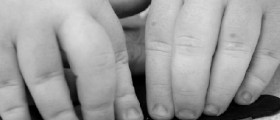

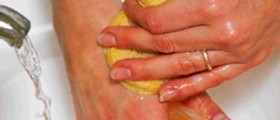
_f_280x120.jpg)

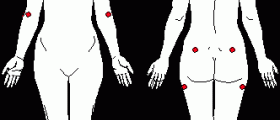



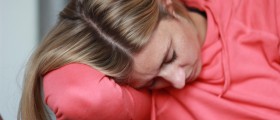

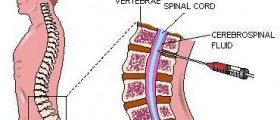
Your thoughts on this
Loading...